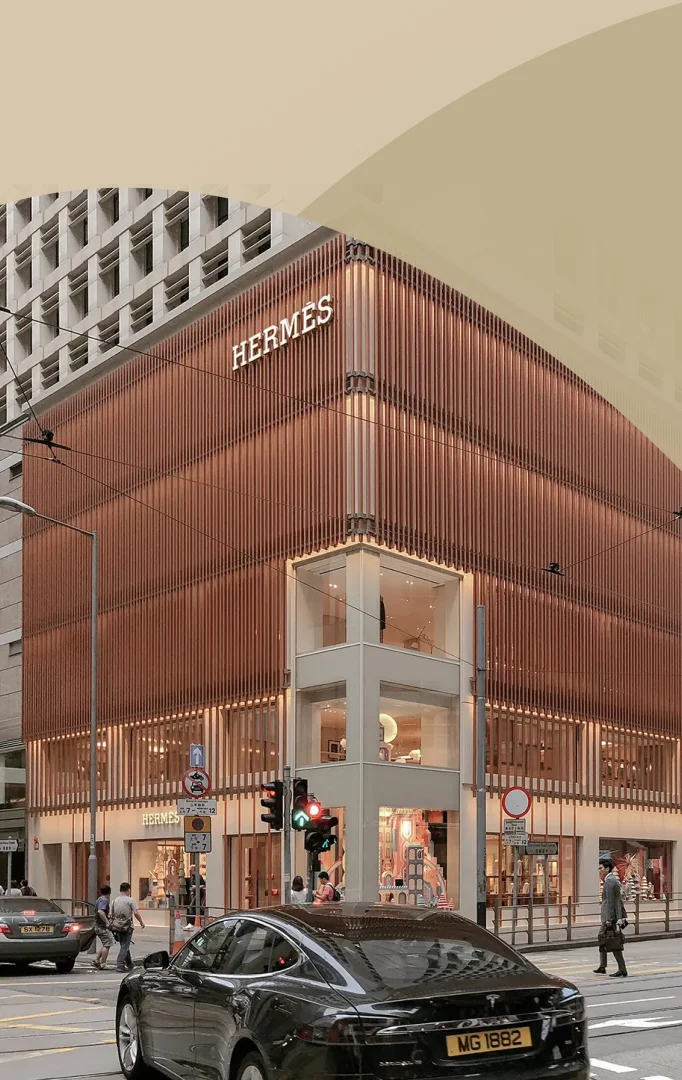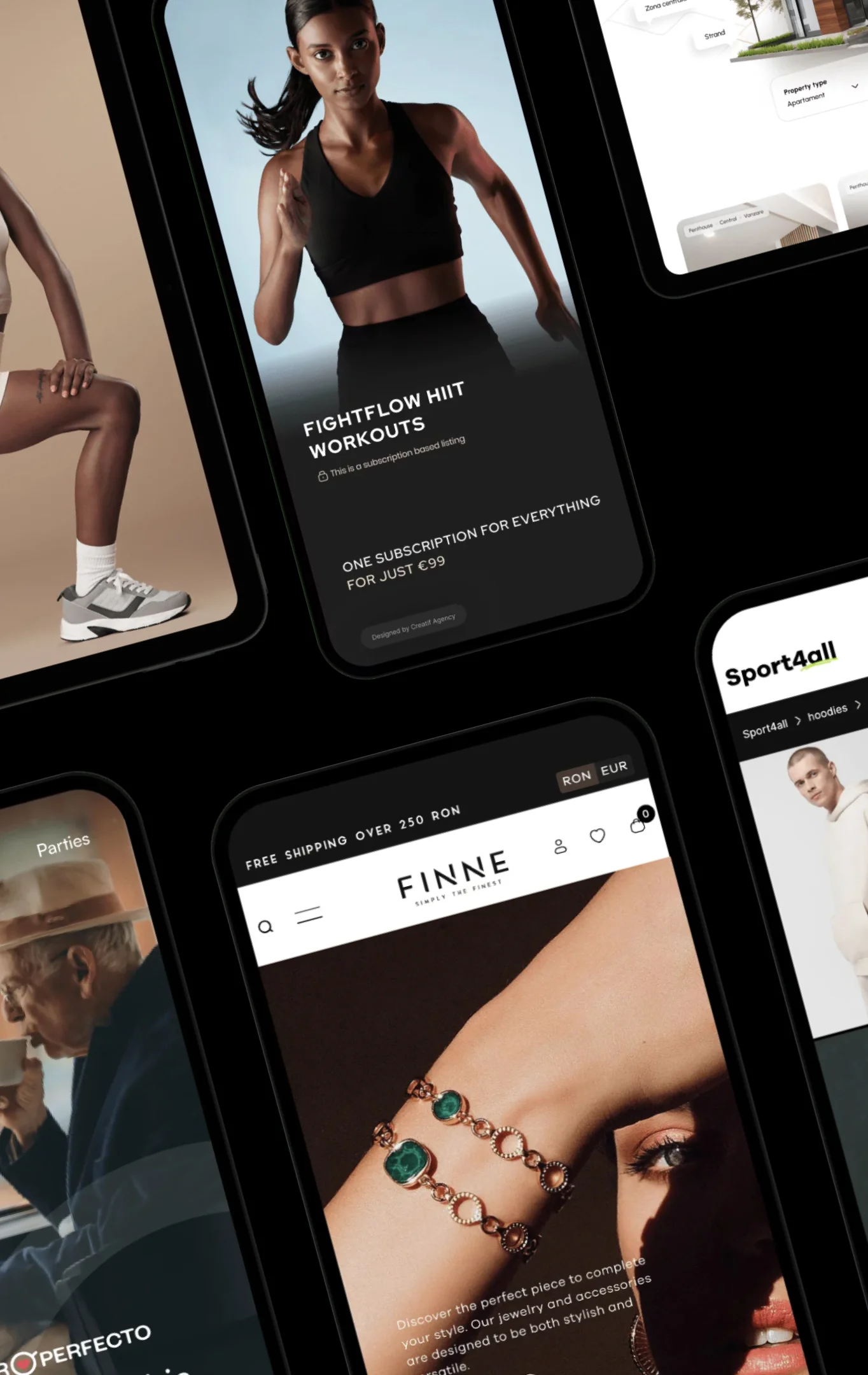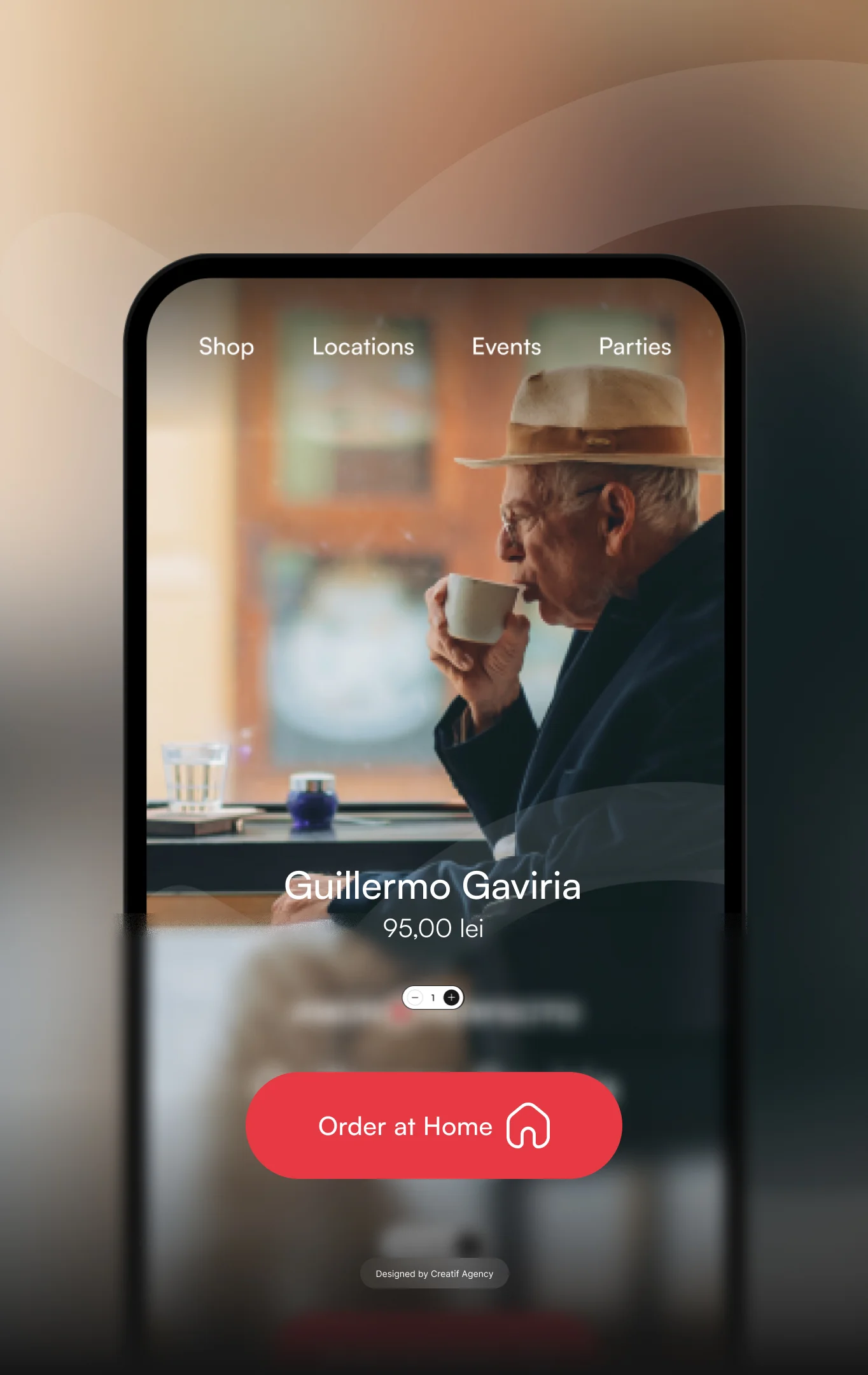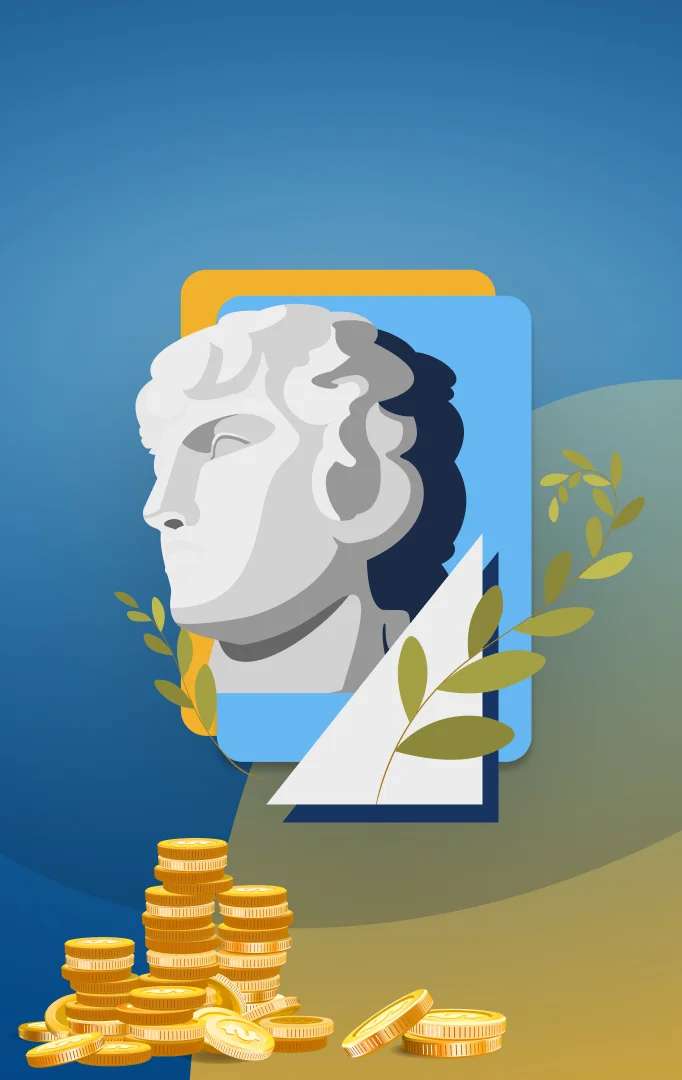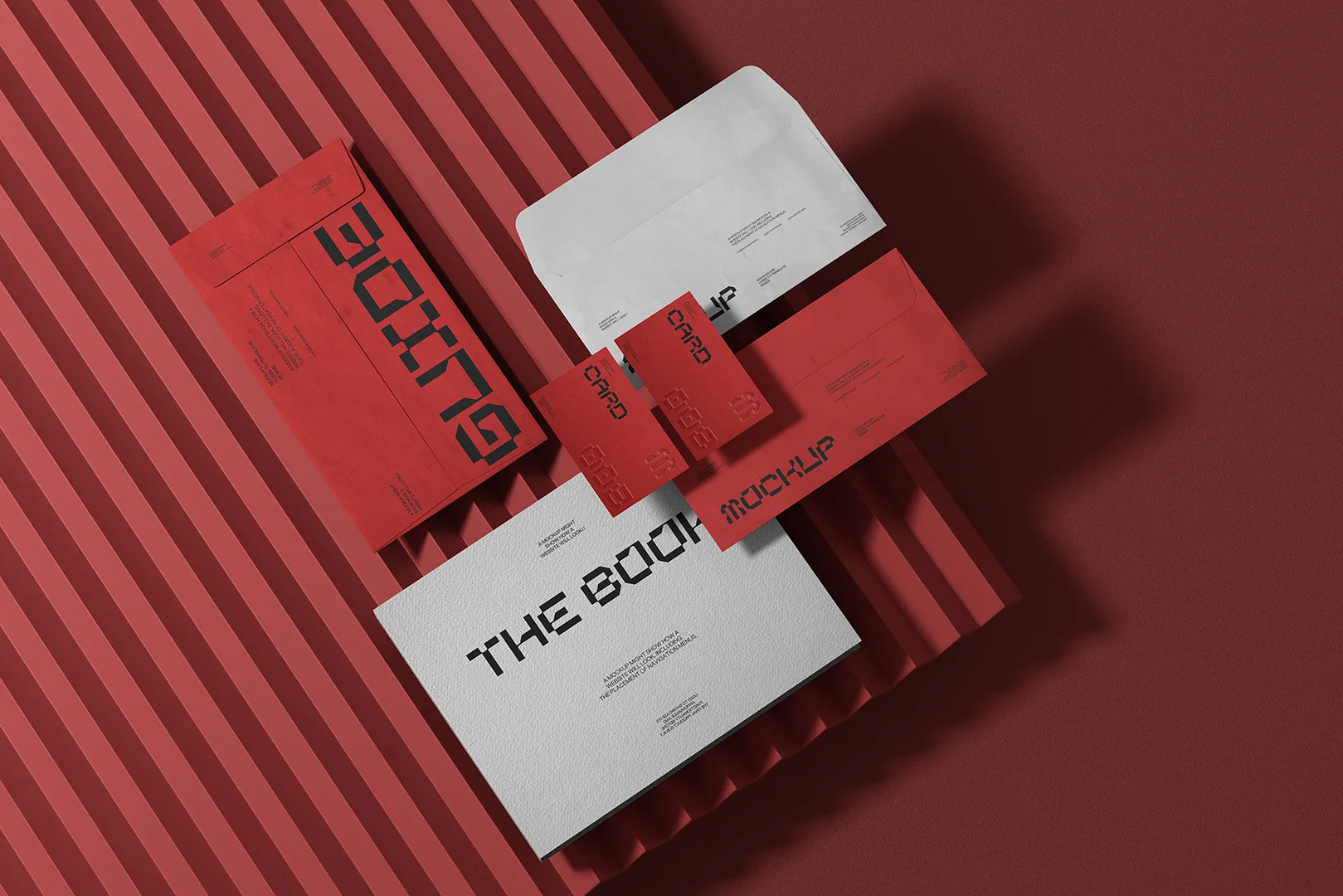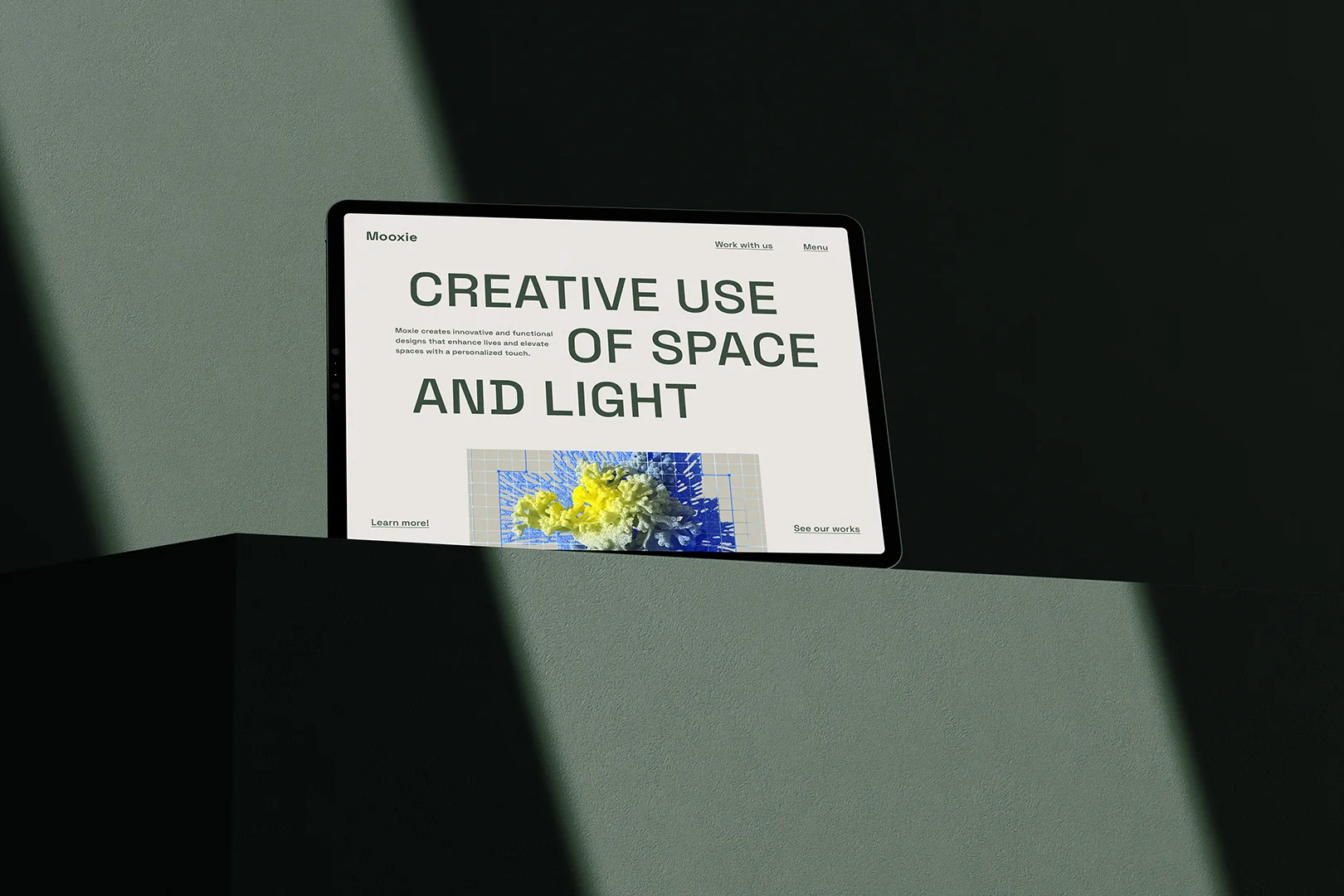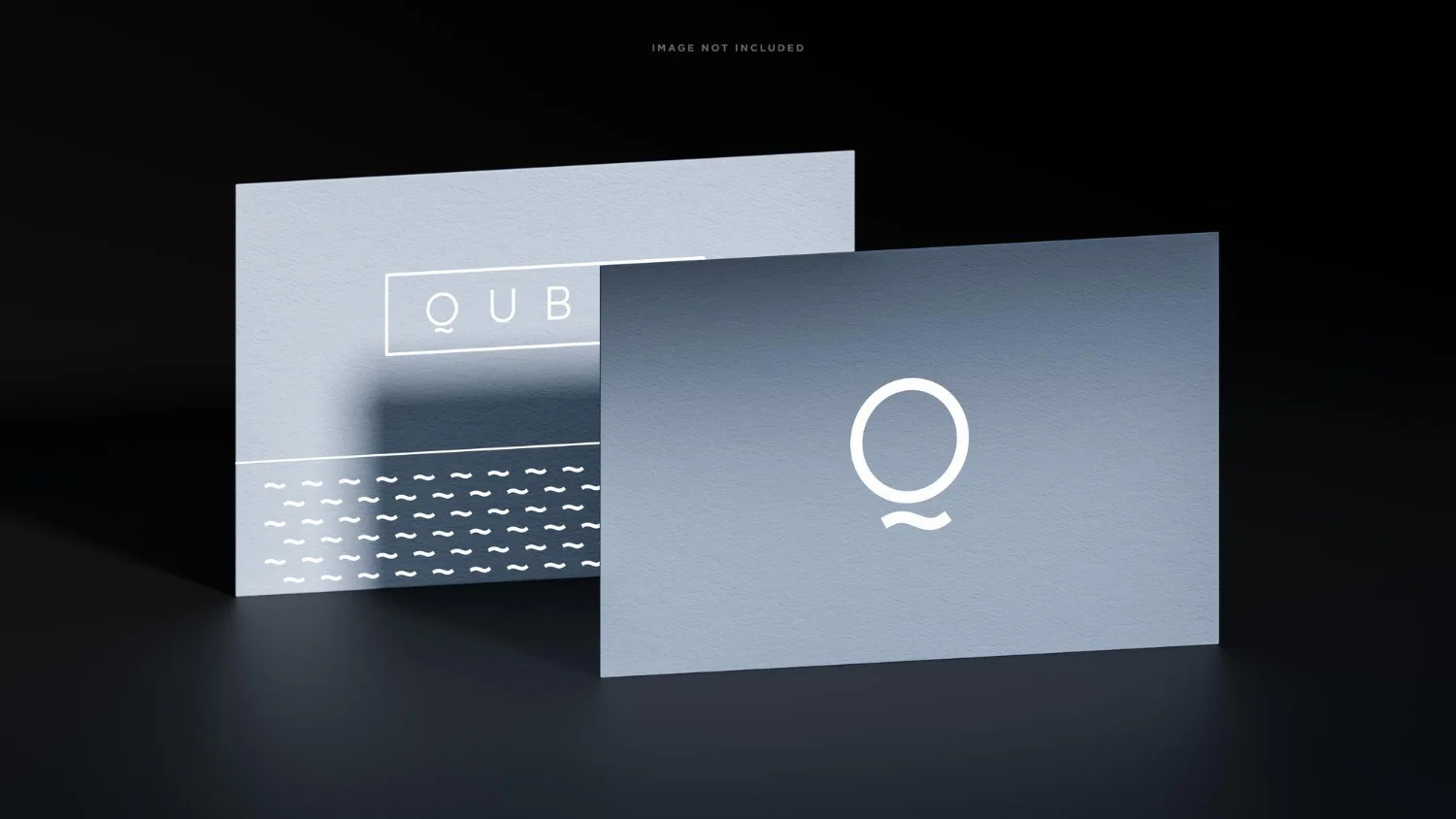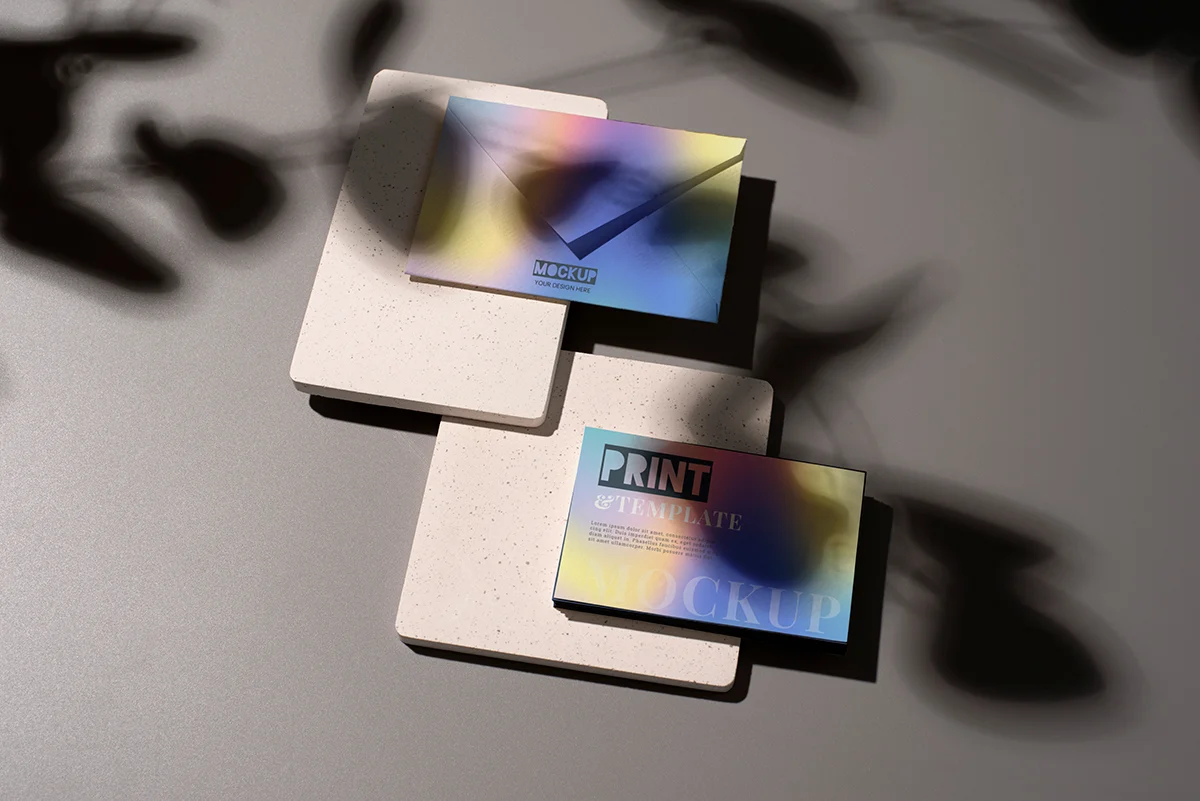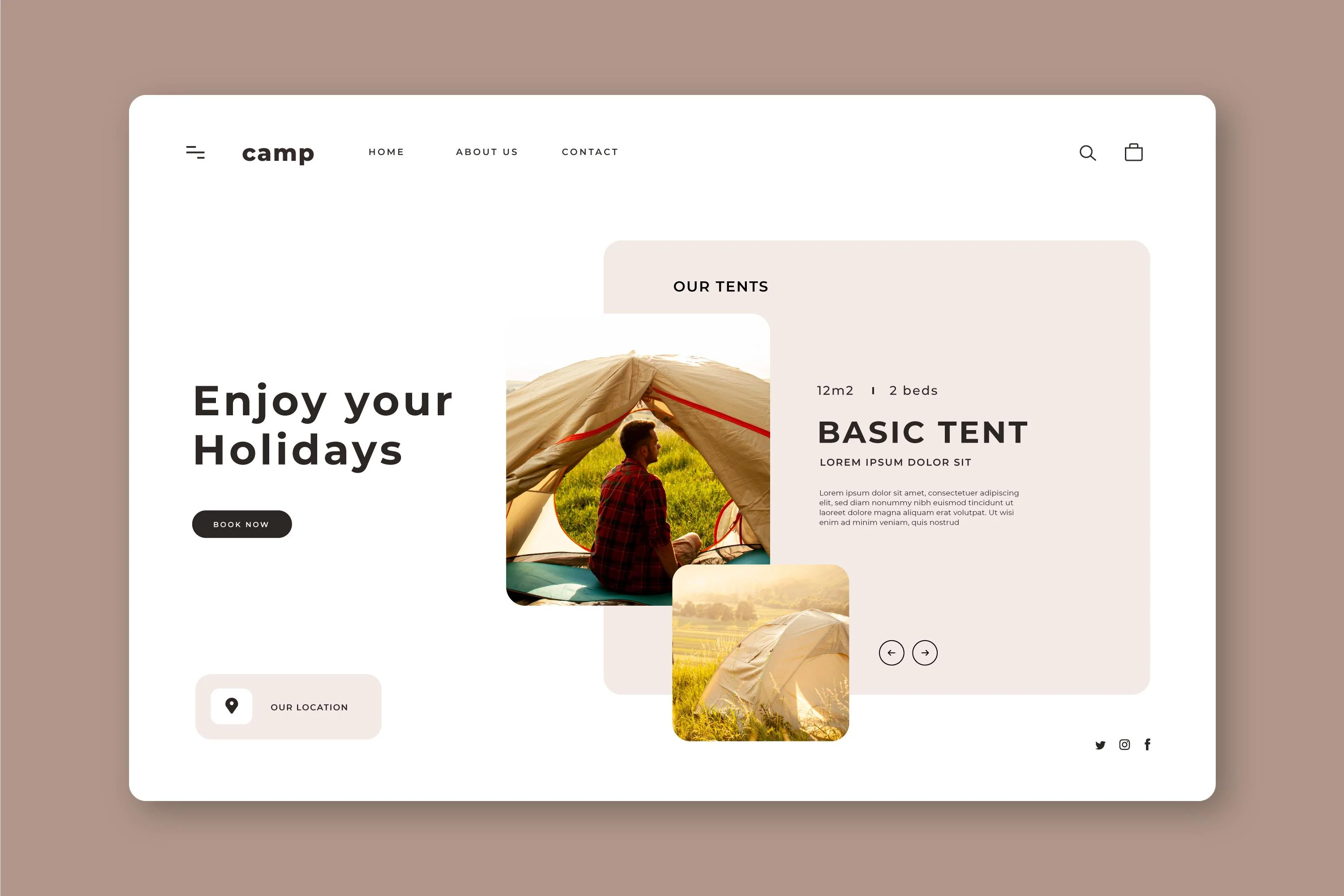Ultimate Guide to Choosing a Branding Agency for Your Startup
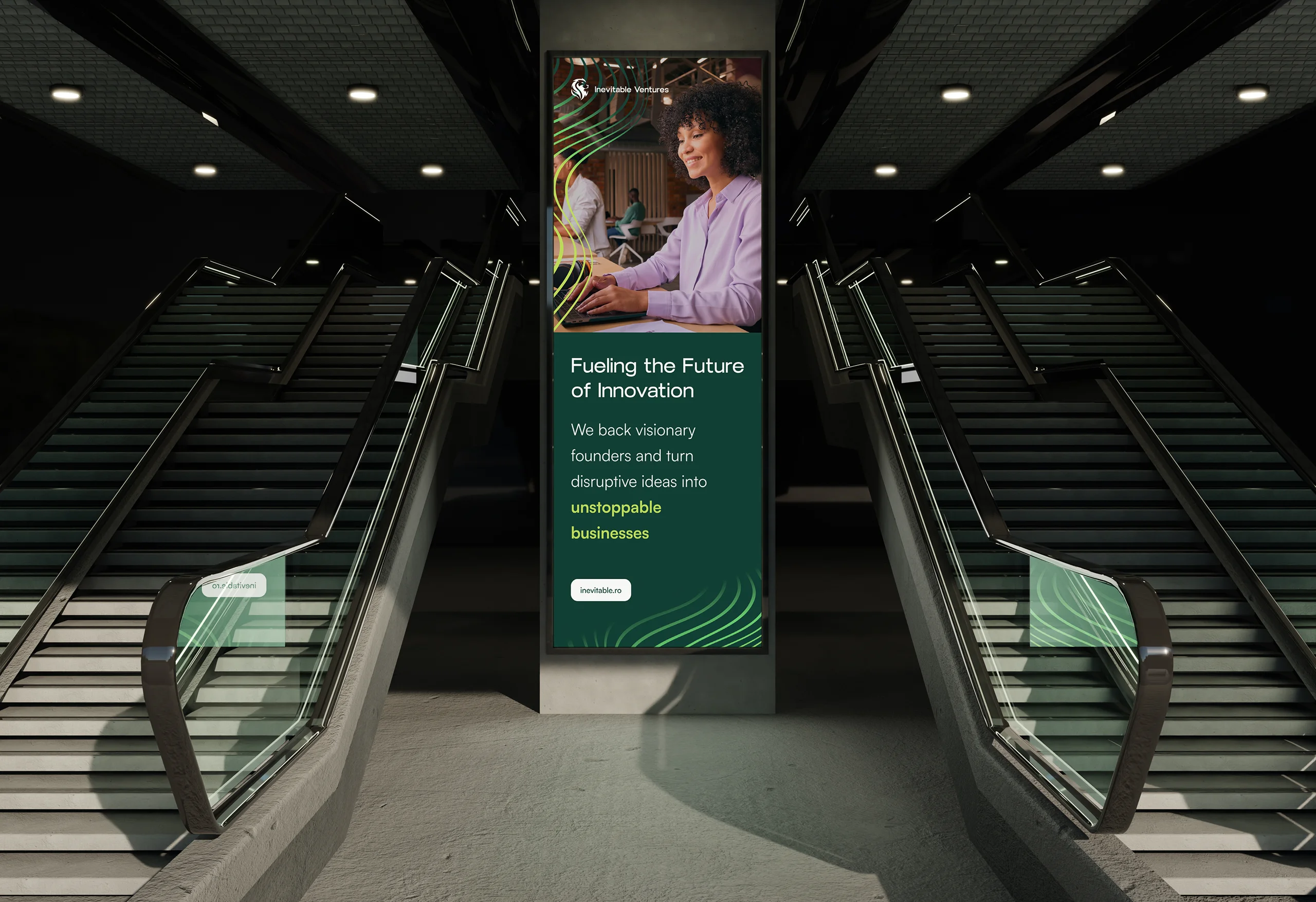
Your startup is more than just a great idea; it’s a story waiting to be told, an experience waiting to be delivered, and a promise waiting to be fulfilled. At the heart of this is your brand. For a startup, a strong, compelling brand isn’t a luxury—it’s a fundamental necessity. It’s your first impression, your key differentiator in a crowded market, and a critical factor in attracting customers, talent, and investors.
But how do you build a brand that resonates and endures? For many startups, the answer lies in partnering with a professional branding agency. Choosing the right agency, however, can feel like a monumental task. This ultimate guide will walk you through the essential steps to find and select a branding agency that can become a true partner in your startup’s journey.
Phase 1: Introspection – Understanding Your Startup’s Branding Needs
Before you even type “branding agency” into Google, the most crucial work begins internally. A clear understanding of your own needs will make your search infinitely more effective.
- What’s Your Current Stage? Are you at the idea stage, with an MVP, or already experiencing initial growth? Your stage impacts the urgency and type of branding help you need.
- Define Your Branding Goals: What do you want to achieve?
- Develop a complete brand identity (logo, color palette, typography, visual style)?
- Craft a foundational brand strategy (mission, vision, values, positioning, target audience)?
- Refine your brand messaging and voice?
- Design a new website or marketing collateral?
- Undertake a full rebrand?
- What’s Your Budget? Branding is an investment. While costs vary wildly, have a realistic budget range in mind. Basic identity packages from smaller agencies or freelancers might start from a few thousand dollars, while comprehensive strategy and identity projects with established agencies can range from $10,000 to $50,000+ for startups. Be upfront about this with potential agencies.
- What’s Your Timeline? Do you have an urgent launch deadline, or is there more flexibility?
- Who Are Your Stakeholders? Who will be involved in the decision-making process from your team?
Answering these questions will help you create a focused brief and filter agencies more effectively.
Phase 2: Identification – What to Look For in a Branding Agency
With your internal homework done, you can start evaluating potential partners. Here are key attributes to consider:
- Relevant Portfolio & Case Studies:
- Quality & Creativity: Does their past work impress you? Is it creative, professional, and strategically sound?
- Startup Savvy (Bonus): Experience with startups or in your industry can be beneficial, as they’ll understand the unique challenges and pace. However, strong branding principles are transferable, so a diverse portfolio showing an ability to adapt is also a great sign.
- Demonstrable Results: Look for case studies that explain the problem, their solution, and the impact it had (e.g., improved market perception, user engagement).
- Expertise & Services Offered:
- Core Branding Services: Ensure they offer foundational services like brand strategy, identity design (logo, visual systems), brand messaging, and brand guidelines.
- Comprehensive Solutions: Do they offer related services you might need, such as web design and development, UX/UI design, content creation, or marketing collateral design? A one-stop-shop can be efficient, but specialists can also be powerful.
- Strategic Approach: A great agency doesn’t just design pretty logos. They start with research and strategy to ensure the brand effectively meets business objectives.
- Their Process & Approach:
- Clarity: Do they have a clear, understandable branding process? They should be able to walk you through how they’d approach your project from discovery to delivery.
- Collaboration: How do they involve clients in the process? Look for a partner who values your input and sees the relationship as a collaboration.
- Research-Driven: Do they emphasize understanding your market, audience, and competitors before diving into creative work?
- The Team & Cultural Fit:
- Experience: Who are the people who will actually be working on your brand? What’s their experience?
- Alignment: Do their agency values and work style resonate with your startup’s culture? You’ll be working closely, so a good “vibe” and mutual respect are crucial.
- Communication: Are they good listeners? Do they communicate clearly and proactively?
- Testimonials, Reviews & Reputation:
- Seek out client testimonials on their website.
- Check independent review platforms like Clutch, Google Reviews, or DesignRush.
- Ask for references you can speak to directly.
- Understanding of Your Target Audience:
- Do they demonstrate an ability to research, understand, and create brands that connect with specific target demographics and psychographics?
Phase 3: Selection – The Search and Decision-Making Process
Now, let’s get practical. Here’s a step-by-step approach to finding your ideal agency:
-
Initial Research & Longlisting:
- Online Search: Use targeted keywords (e.g., “branding agency for tech startups,” “small business branding New York”).
- Directories: Explore platforms like Clutch.co, Behance, Dribbble, and DesignRush.
- Referrals: Ask your network – other founders, mentors, investors – for recommendations.
- Industry Recognition: Awards can be an indicator, but don’t make them your sole criterion.
- Goal: Create a longlist of 5-10 promising agencies.
-
Shortlisting Agencies:
- Dive deeper into the websites and portfolios of your longlisted agencies.
- Critically assess their work against your needs and the criteria from Phase 2.
- Goal: Narrow down to 3-5 agencies that feel like a strong potential fit.
-
Crafting Your Brief / Request for Proposal (RFP):
- A well-written brief is essential for getting relevant and comparable proposals. Include:
- About Your Startup: Your mission, vision, values, story, current stage.
- Project Goals: What you want to achieve with this branding project.
- Scope of Work: The specific deliverables you need (e.g., logo, brand guide, website).
- Target Audience: Who are you trying to reach?
- Competitors: Who are your main competitors?
- Budget Range: Be transparent.
- Timeline: Key deadlines.
- Key Stakeholders & Contact Person.
- Specific Questions: Anything you particularly want agencies to address.
- Send your brief to your shortlisted agencies.
- A well-written brief is essential for getting relevant and comparable proposals. Include:
-
Reviewing Proposals & Initial Conversations:
- Proposal Evaluation:
- Does it directly address your brief and show they understand your startup?
- Is their proposed approach tailored to you, or generic?
- Are deliverables, timelines, and pricing clear and transparent?
- Does it excite you?
- Initial Meetings (Chemistry Check):
- This is your chance to ask questions and gauge rapport. Key questions include:
- “Can you walk us through a similar project you’ve completed and the results?”
- “What is your detailed process for a project like ours?”
- “Who from your team will be directly working on our account?”
- “How do you approach strategy before design?”
- “How do you handle client feedback and revisions?”
- “How do you measure the success of a branding project?”
- “What are your typical communication protocols and frequency of updates?”
- Pay attention to how well they listen and if they ask insightful questions about your business.
- This is your chance to ask questions and gauge rapport. Key questions include:
- Proposal Evaluation:
-
Checking References:
- For your top 2-3 contenders, ask to speak with 1-2 past clients, preferably startups or businesses with similar projects.
- Ask references about their experience, the agency’s strengths, weaknesses, and the overall outcome.
-
Making the Final Decision:
- Beyond the Tangibles: Consider the intangible factors – trust, enthusiasm, and your gut feeling about which agency will be the best long-term partner.
- Contract & Terms: Carefully review the contract, scope of work, payment terms, and ownership of deliverables. Ensure everything is clearly documented.
Phase 4: Vigilance – Red Flags to Watch Out For
During your search, be mindful of these potential red flags:
- Guarantees of Specific Results: Branding success is influenced by many factors; agencies can’t guarantee specific sales increases, for instance.
- Lack of a Clear Process or Overemphasis on Just Design: If they can’t articulate their strategic process or jump straight to visual solutions without research, be cautious.
- Poor Communication: Unresponsiveness, unclear answers, or not listening to your needs.
- Cookie-Cutter Solutions: Proposals that feel generic and not tailored to your startup’s unique situation.
- Vague Pricing or Hidden Costs: Ensure all costs are outlined clearly.
- Over-Promising: If it sounds too good to be true, it might be. Check their capacity to deliver.
- High-Pressure Sales Tactics: A good agency will give you space to make an informed decision.
- Bad Reviews or No References: Significant negative feedback or an unwillingness to provide references is a major concern.
Your Brand is Your Foundation
Choosing a branding agency is a significant decision and a critical investment in your startup’s future. It’s about finding more than just a supplier; you’re looking for a strategic partner who will help you define your essence, articulate your value, and connect meaningfully with your audience.

